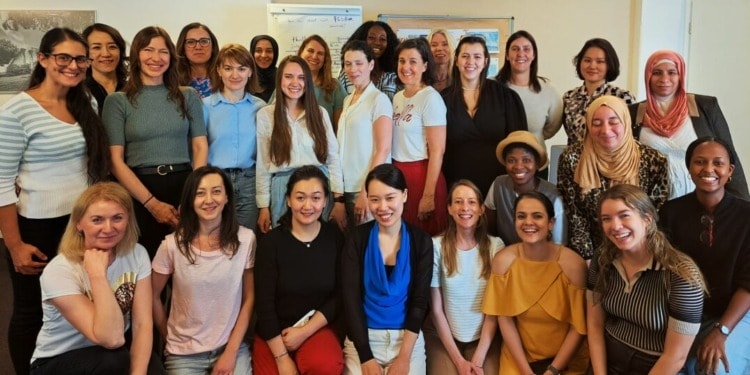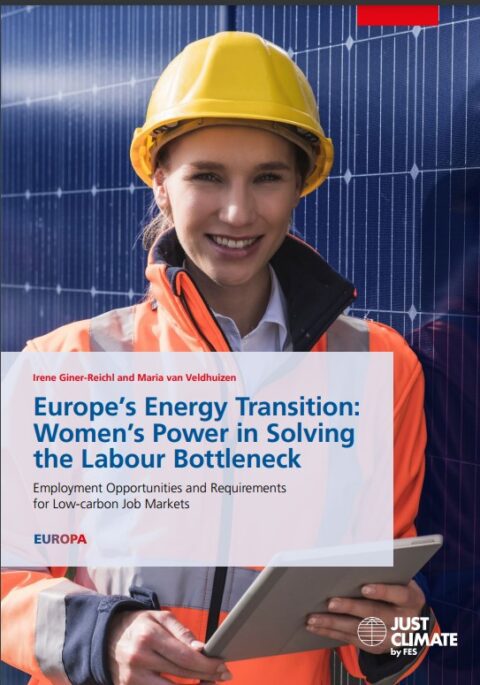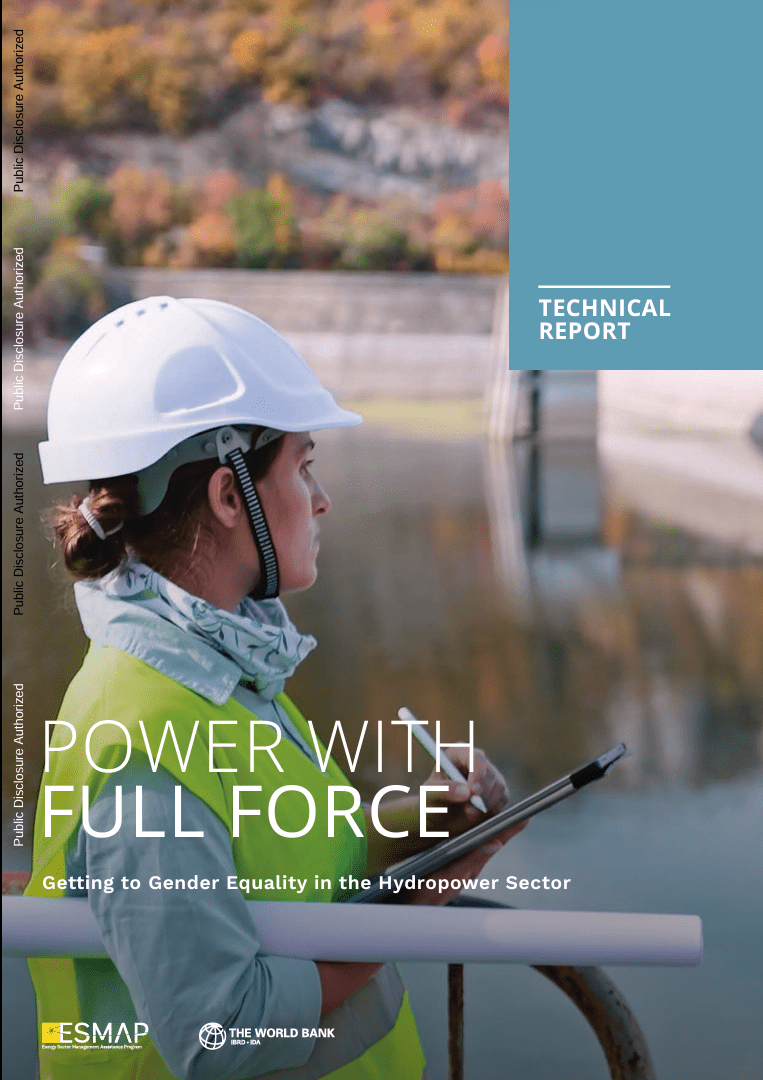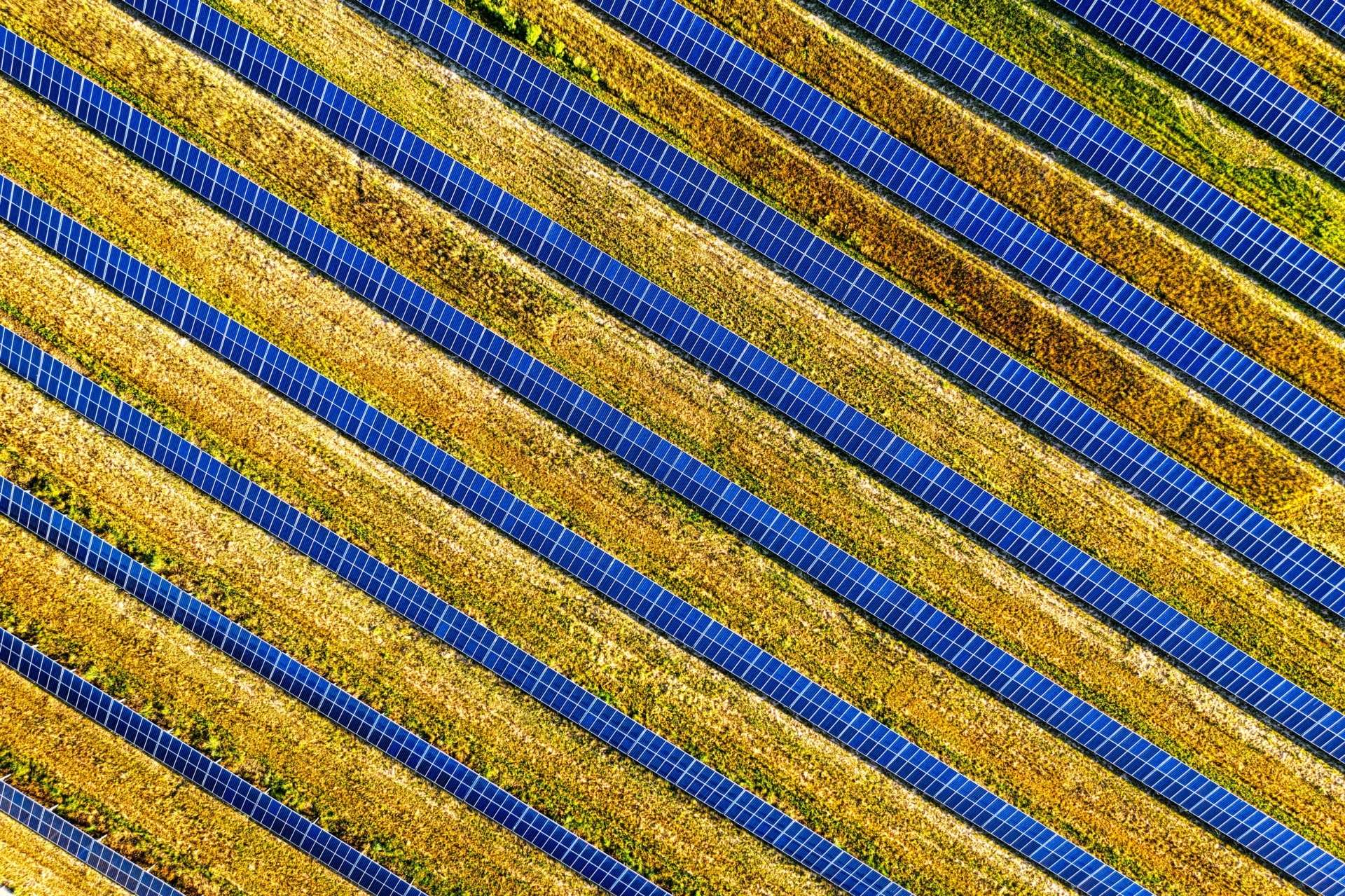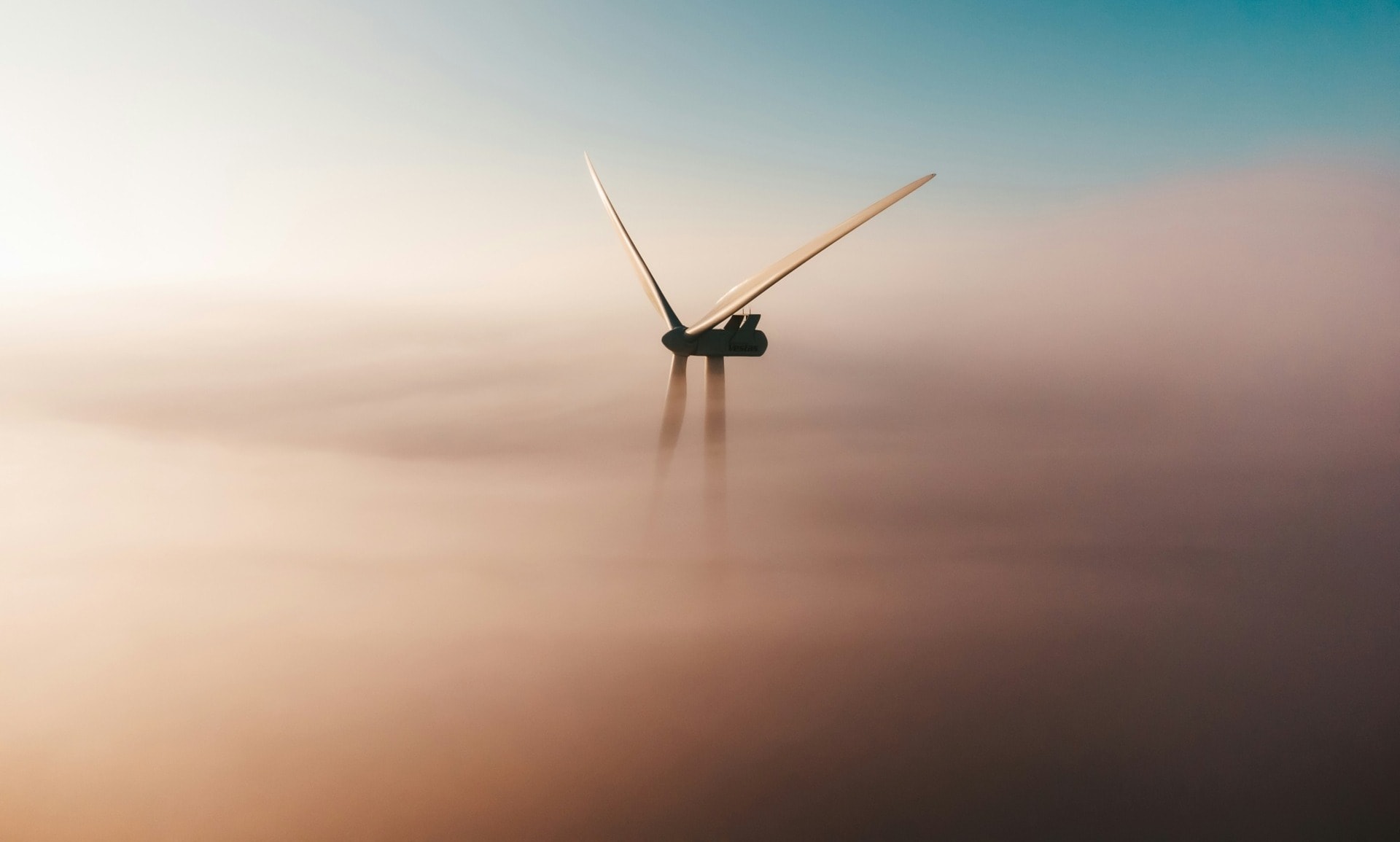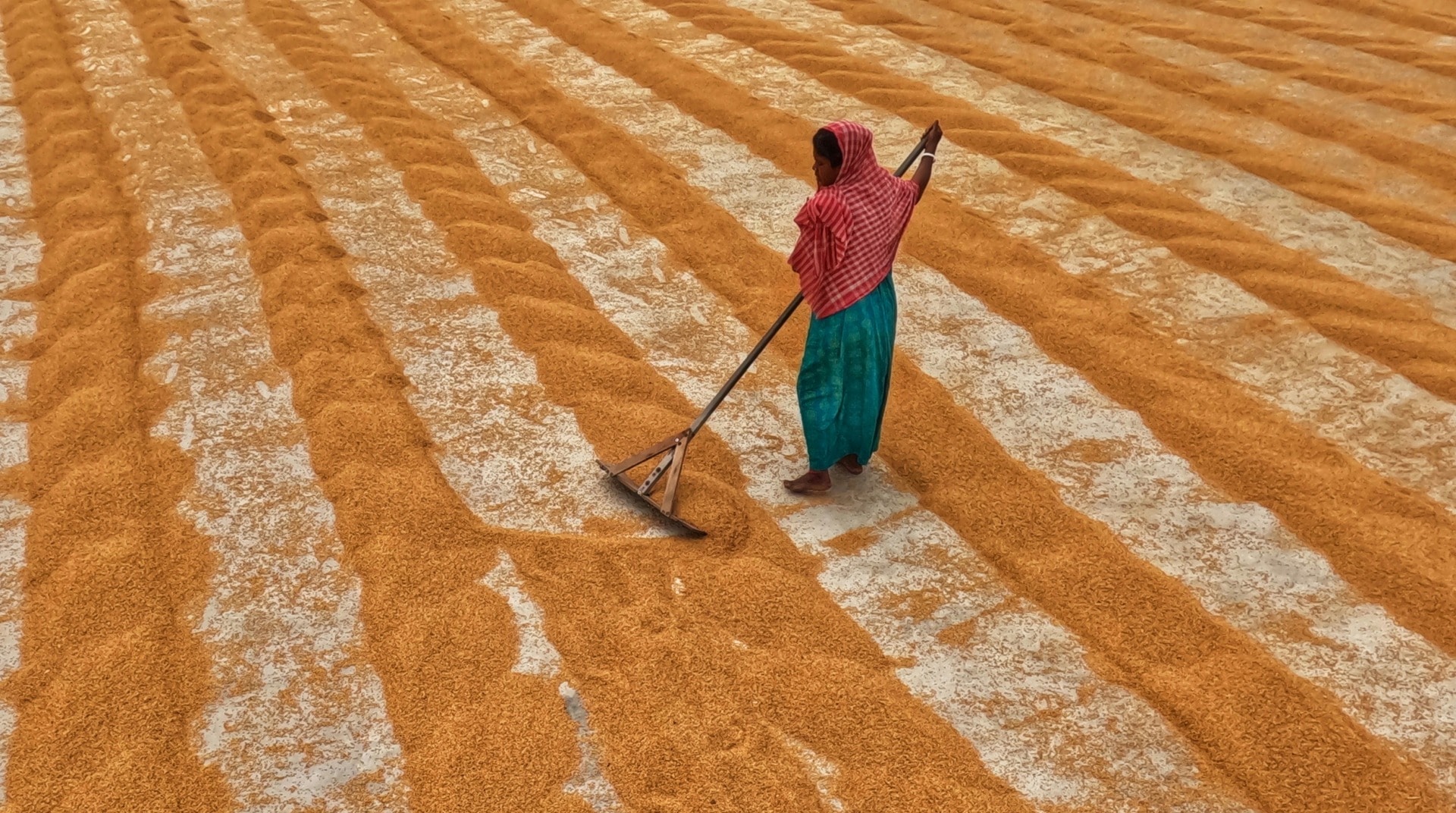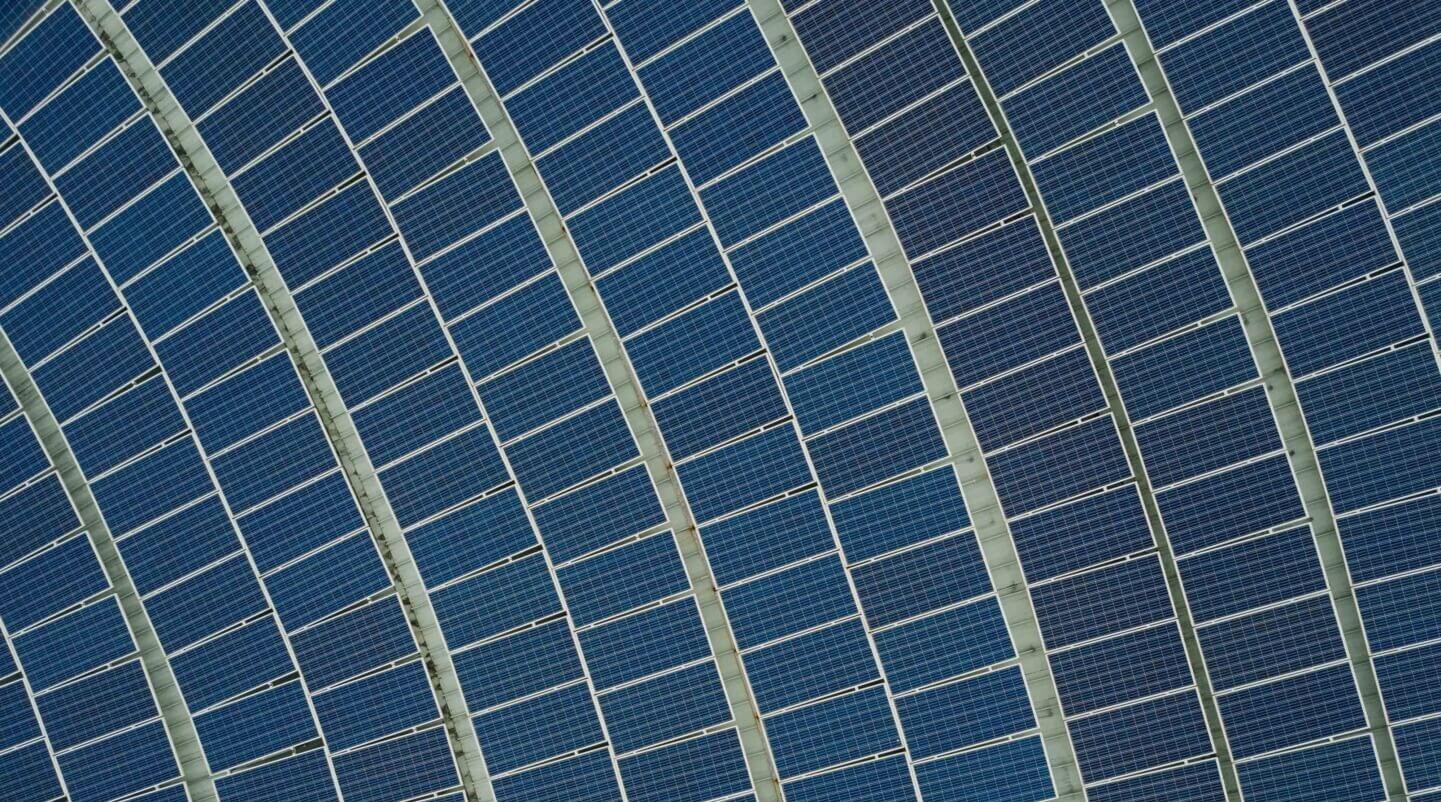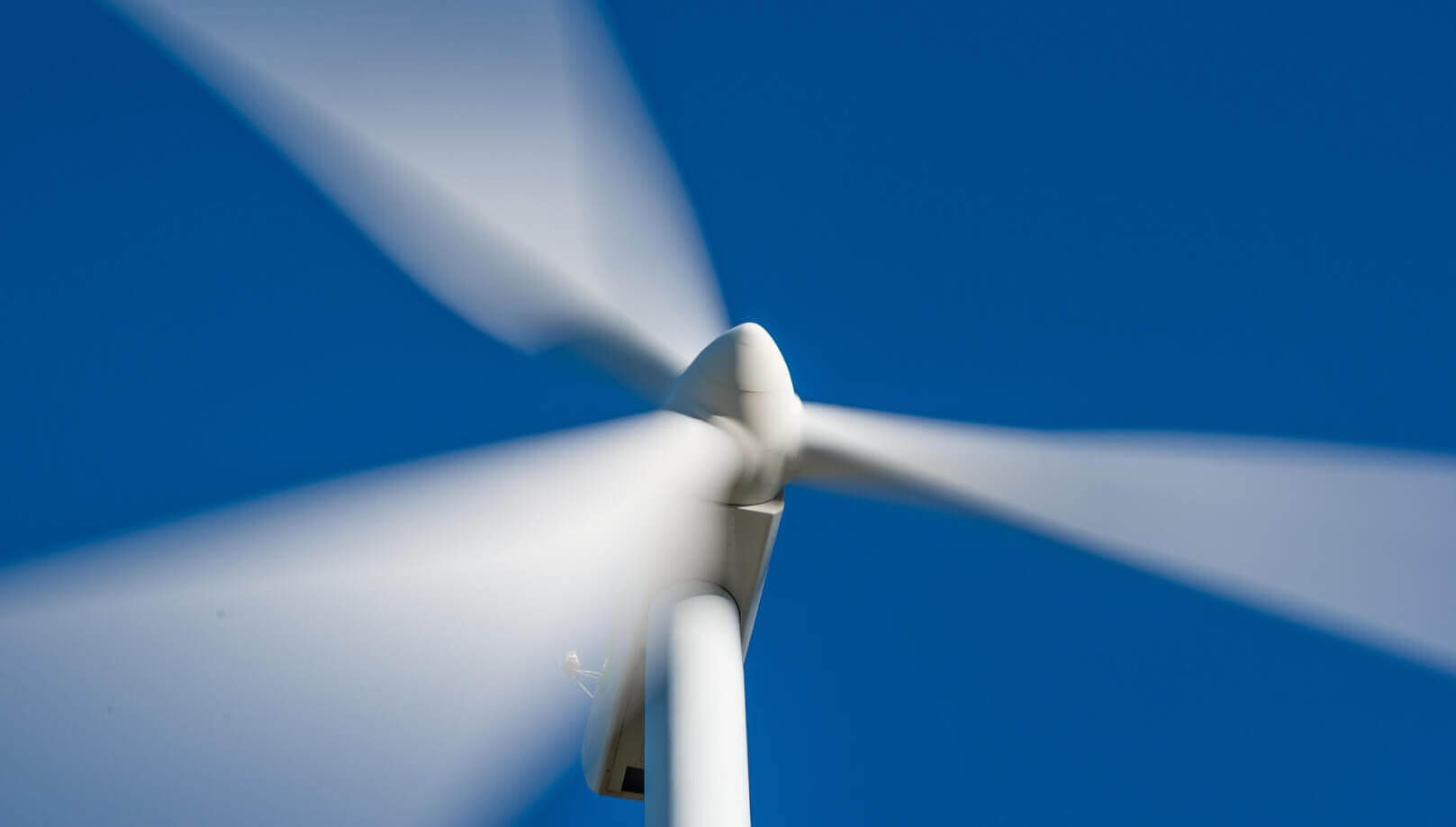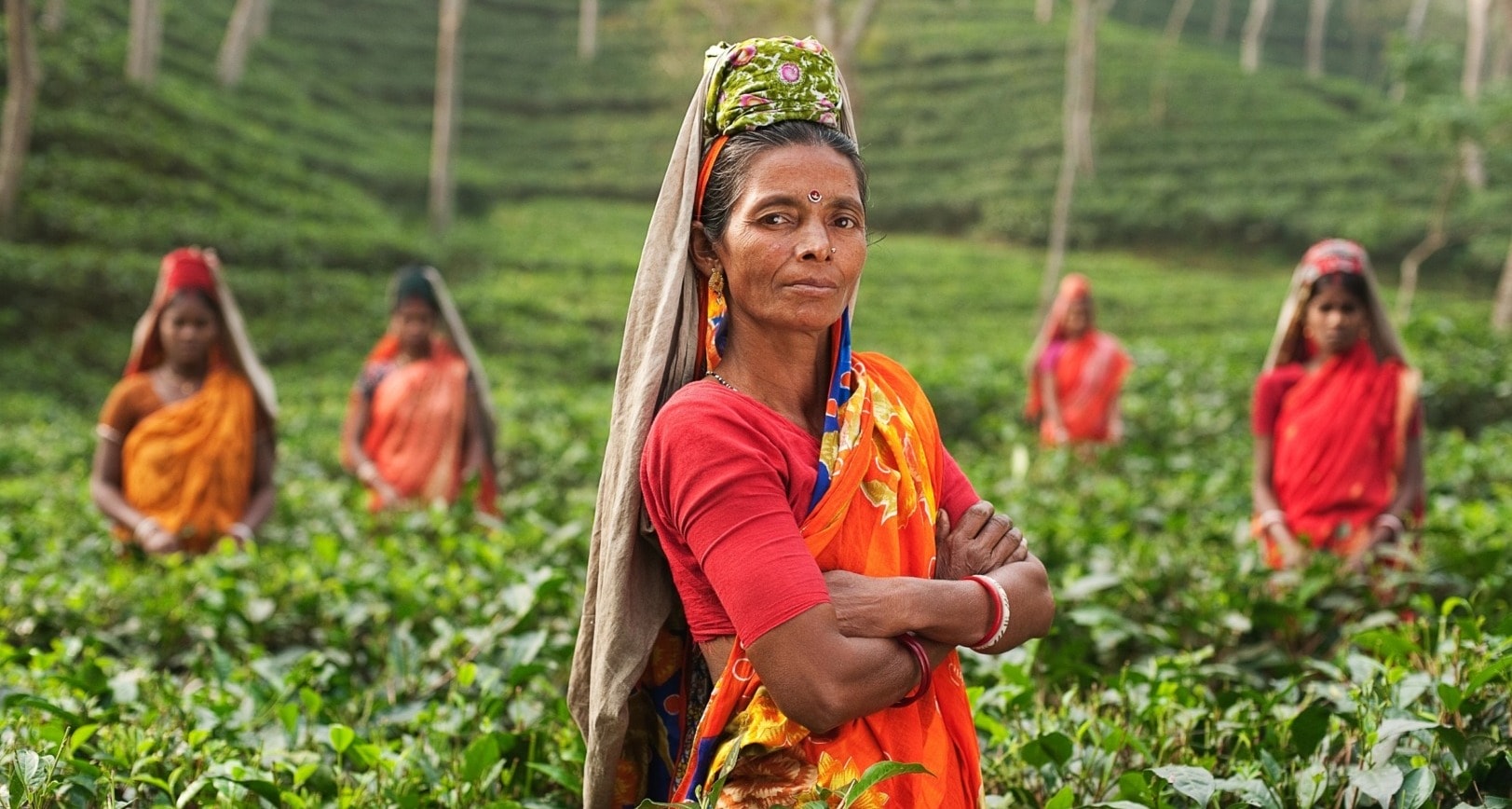The first ever UNFCCC Global Stocktake of progress towards the goals of the Paris Agreement was held at COP28 and found that decarbonization is not progressing quickly enough. Stakeholders called on all countries to contribute to the transition away from fossil fuels while at the same time tripling global renewable energy
capacity and doubling the global annual rate of energy efficiency improvements by 2030.
This new resolve has been hailed by politicians and commentators alike as the beginning of the end of fossil fuels. Parties now recognize the need for deep, rapid, and sustained reductions in greenhouse gas emissions in line with 1.5 °C pathways. The pledges made at COP28 constitute, at any rate, a consensual and binding commitment of the organized international community to embark together on a transformation of the energy system towards carbon neutrality.
Such energy transitions are underway in many countries, advancing at different speeds and with different priorities. Energy transitions should not be seen as a problem, let alone a “punishment,” but should offer solutions, a Minister reminded the audience at the recent 50th-anniversary proceedings of the International Energy Agency (IEA) in Paris; solutions and opportunities, such as new jobs and decent employment.
Indeed, according to converging projections of international organizations such as IRENA, IEA, and the European Commission, more jobs in new energy fields will be created in the wake of energy transitions than will disappear in the old sectors — coal, oil, and gas. This will not happen automatically, however: new jobs will not spontaneously spring up where old jobs disappear.
Related Articles: Energy Transition: Global Investments Hit Record High but Remain Insufficient for Net Zero | China’s Energy Transition: Wind and Solar Capacity to Eclipse Coal in 2024 | Clean Energy Tech: 6 Trends in 2024
Planning energy transitions in an inclusive and participatory way is therefore of the essence; the people who are affected by the energy system transformation need to be included in all stages of the very transformation process. And for obvious reasons: democracies need the buy-in of the electorate for major economic policy changes; governments must avoid that people feel left out when major re-orientations are needed, to preserve social stability and support for democratic decision-making.
There is, therefore, a major consensus that representatives of labour unions and employers’ organizations need to work together on the details of energy transitions in given contexts, especially when it comes to issues of skilling, re-skilling, up-skilling and building up new economic structures in areas such as former mining districts.
And such consultations have commenced in many regions and by many stakeholders, and are now yielding the first insights. One major challenge is the fact that women are currently severely underrepresented in the energy sector, both the “old” and the “new.” Work undertaken by IRENA, to which the Global Women’s Network for the Energy Transition contributed, yields figures of the share of women ranging from 21 % in wind to 40 % in solar PV (cf. graphs below).

On average, renewable energy employs more women than oil and gas, where the share of women is only at 22%, but we remain far removed from gender parity. As energy transition efforts seek to re-skill current members of the labour force, there is an imminent danger that women will again be left out in the drive to equip the
employees of the new energy sector with the needed practical, technical, academic, and soft skills.
This can only be avoided if a gender dimension is built in, consciously and from the outset, in energy transition strategies. As far as we can see, this is rarely the case; most attempts at doing justice to the gender dimension come as after-thoughts and are made in a mode of “retro-fitting.” (We all know that retrofitting
is always much harder than designing well from the outset for desired outcomes…)
By and large, women are also underrepresented in labour unions and employers’ representations, which only compounds the challenge. The Global Women’s Network for the Energy Transition endeavours to realize the
potential of energy transitions to bring in more women into the workforce in several ways. Our mentoring programs — which have to date reached more than 700 women from 90 countries since the start of our operations in 2018 — strengthen women’s confidence, performance, and standing, and often result in career
advancement.
Our recent work with organizations such as the World Bank, the OSCE or Friedrich Ebert Stiftung shows that women play an important role in overcoming the skilling bottle-neck — one of the major obstacles for accelerating the energy transition even in regions (such as the EU) which have taken clear political decisions to move rapidly towards decarbonization of their economies. Increased female participation in the workforce can also lead to the emergence of jobs — and overall additional wealth creation — in regions that have yet to embark fully on the energy transition, such as countries in Central Asia.
GWNET’s work with regional centres for renewable energy and energy efficiency (connected through a UNIDO-led Global Network) builds staff capacity for advancing women’s empowerment and youth mobilization at
the centres; strengthen women’s entrepreneurial abilities in the region; and reaches out to young women, indeed to girls, even before they make career choices to help them appreciate the variety of opportunities present in the new and climate-compatible energy sector; this will build up a richer pipeline of skilled young women, including in STEM professions.
If energy transitions are deep societal revolutions, as we believe they are, then it is essential that all members of society can participate in shaping them and benefitting from them. And it is essential that all the available innovative talent can be drawn upon — and this talent is embodied in majorities and minorities, and in all genders.
** **
About the Author: Dr. Irene Giner-Reichl, Senior Advisor of GWNET.
Irene’s main area of expertise is economic and social development, women’s rights issues, environment, energy, and development cooperation. She directed the international department of the Austrian Ministry for the Environment, was Austria’s Permanent Representative to the UN, IAEA, UNIDO, and CTBTO in Vienna, and headed the UNIDO Office in New York. She was the Director General for Austria’s development policy and cooperation before assuming the ambassadorship for Austria in China and Mongolia (2012 to 2017), followed by Brazil and Suriname (2017 until March 2021). She retired in April 2021 and continues to advocate for gender equality in the sustainable energy sector and to teach, lecture, and publish widely.
Editor’s Note: The opinions expressed here by the authors are their own, not those of Impakter.com — Featured Photo Credit: GWNET.


